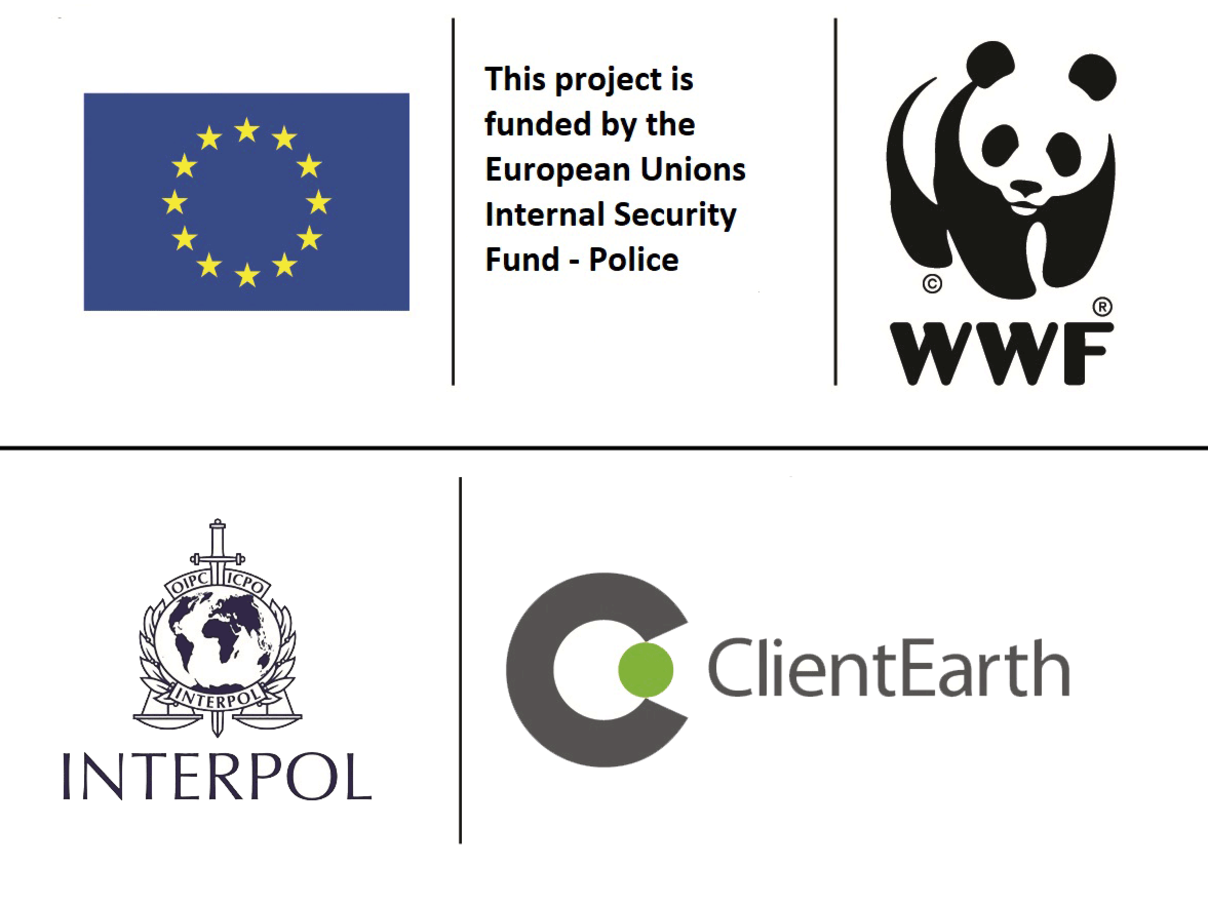
People see their forests disappear. In front of their eyes. In the middle of Europe. Eaten up by a fatal combination of the bark beetle and corruption. Brave people protecting the forests are positioning themselves and their families at risk. Also in the middle of Europe. In some countries this is worsened by the fact that space for civil society is shrinking. At the same time the people globally consume and work with timber products every day that have a risk of up to 30%, that it was illegally logged (2019 INTERPOL Global Forestry Enforcement).
Implementing a law means bringing cases to court. So, why are there nearly no relevant forestry crime cases in Europe? Even though the EU Timber Trade Regulation (EUTR) is in place since 2013. Even though calls on the urgency to fight forestry crime and recommendations are explicit for clearly more than a decade. This is one grave lesson learnt in the EU Forest Crime Initiative, a project financed by the EU Internal Security Fund.
„Of all forms of environmental crime, the one with the single highest impact on humankind, the planet and the environment is forestry crime.”
Nellemann et al. 2020
Forest crime is a growing problem with links to organized crime and corruption - ranking 1st profitable natural resource crime in 2017. Loopholes in the EUTR and implementation gaps in EU countries have hindered a real change in practice. The EU Forest Crime Initiative, started in March 2019, aims to enable effective law enforcement by stimulating networks that are able to detect FC and respond to it. The Project has a specific geographic focus on four exporting countries (Bulgaria, Romania, Slovakia and Ukraine) and two importing countries (Belgium and France). The innovation lies in bringing together INTERPOL’s law enforcement expertise with WWF’s practical experience in supporting companies to avoid illegal wood trafficking.
Downloads:
Kontakt


